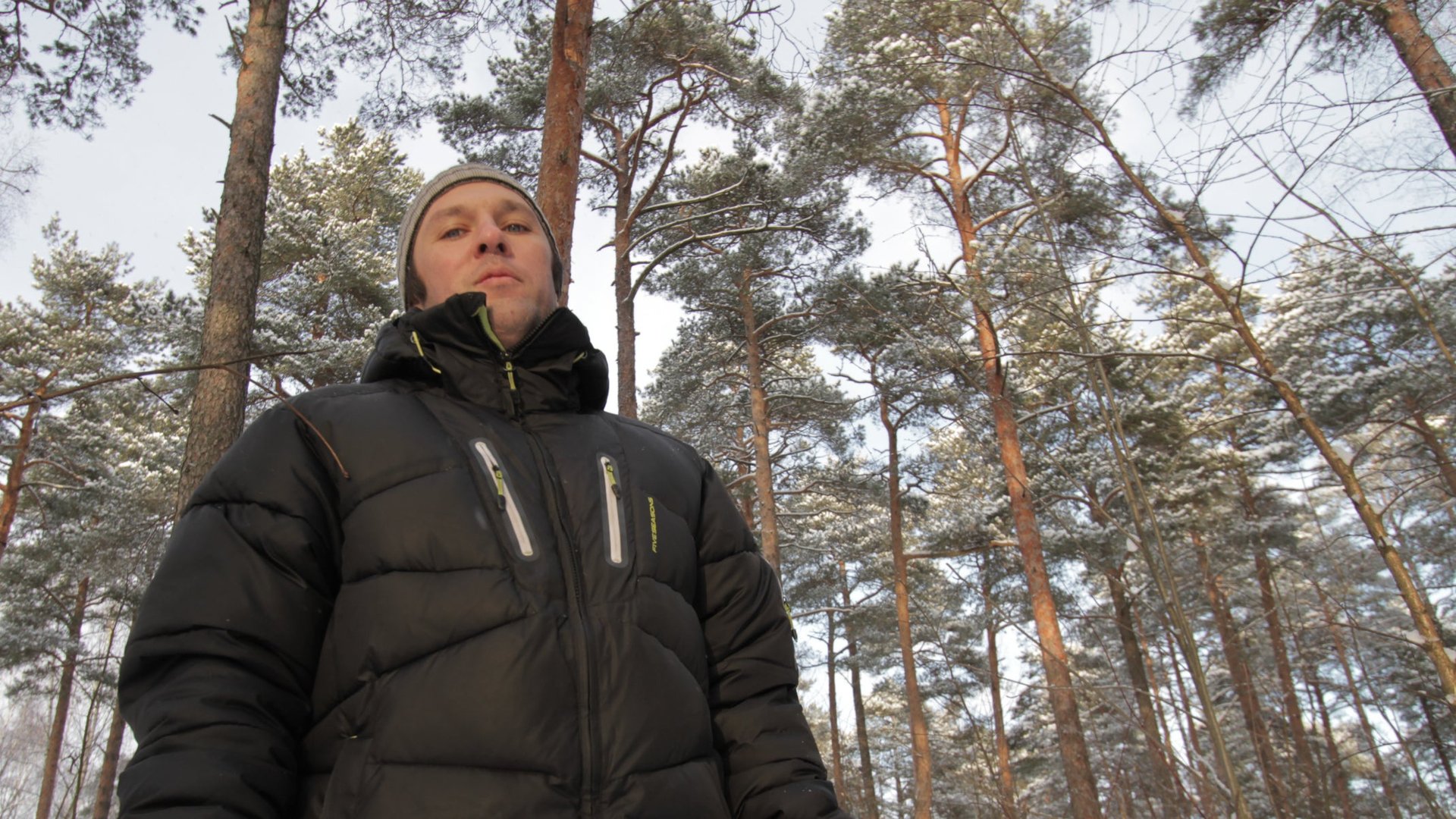Putin and his cronies are razing Russian forests to build secret mansions and ski resorts
The verdant forests that abut the Black Sea are home to perhaps the richest ecosystem in all of Europe. That’s changing fast—and not only because of the 2014 Sochi Olympic Games, which saw miles upon miles leveled to make room for luge tracks and stadiums. Russian president Vladimir Putin and other top government officials are also seizing huge swaths of public land and erecting luxury villas.


The verdant forests that abut the Black Sea are home to perhaps the richest ecosystem in all of Europe. That’s changing fast—and not only because of the 2014 Sochi Olympic Games, which saw miles upon miles leveled to make room for luge tracks and stadiums. Russian president Vladimir Putin and other top government officials are also seizing huge swaths of public land and erecting luxury villas.
After an initial burst of public concern around this issue, though, the Russian public’s engagement in the issue has waned. Back in 2010, the government dropped plans for a presidential palace for then-president Dmitry Medvedev after activists brought public attention to the environmental harms it would have caused. That kind of successful activism would be next to impossible now, because of the Russian government’s ever-tightening grip on the media and civil society, says Suren Gazaryan, a zoologist who led the campaign.
“I believe that [the public’s] environmental consciousness is actually lower in Russia as a result of years of propaganda framing environmental activists as agents of the West, taking orders from outside the country,” says Gazaryan, 39, who today received the Goldman Prize for his grassroots environmental activism. He spoke with Quartz via a translator. “The situation has gotten much worse. The previous success of our campaign on the Medvedev private resort—the local authorities weren’t then inclined to arrest people as much. Now they are more willing.”
That’s not mere speculation. After his work organizing rallies against the illegal seizure of forestland and documenting illegal construction, Gazaryan and a fellow activist were arrested in 2012 on what human rights groups say were trumped-up charges. Gazaryan fled to Estonia, where he was granted political asylum. (He now lives in Germany.)
The other activist, a geologist named Evgeny Vitishko, wasn’t so lucky. In February, he began serving three years in a penal colony, after a court reversed the 40-year-old’s suspended sentence following a separate arrest for swearing in public.
That was just before the Sochi Olympic Games, which the International Olympic Committee touted as a watershed moment for Russian environmentalism. “Green building standards have been created for the first time in Russia, and these are expected to be in use nationwide following the games,” an IOC spokeswoman told Al-Jazeera.
But environmentalists and the United Nations documented large-scale destruction of wetlands, river valleys and 2,000 hectares (5,000 acres) of untouched forests, all done legally after the Russian government’s reversal of laws limiting construction in national parks. That reversal opened up Russia’s pristine forests—the habitat of hundreds of endangered species—to the construction of ski resorts and mining operations. And, of course, the vast vacation retreats for top government officials, the majority of which Gazaryan says flout environmental law. They also beggar the imagination.
“These aren’t homes—they’re palaces,” says Gazaryan. The style of these private resorts can offer a glimpse of the officials behind them, Gazaryan says. For instance, Putin supporters prefer a look that is “kind of baroque,” importing architects, materials and workers from Italy in order to emulate “Italian palazzi.“
While the damage these holiday homes are doing to biodiversity is alarming, so too is the damage to Russia’s sputtering environmental consciousness, says Gazaryan. These land grabs have cut off public access to forest and shoreline that had been protected as national parkland. “People are losing a sense of connection to these areas,” he says. “So they no longer feel like it’s their responsibility to protect these lands. It’s no longer a part of their heritage.”